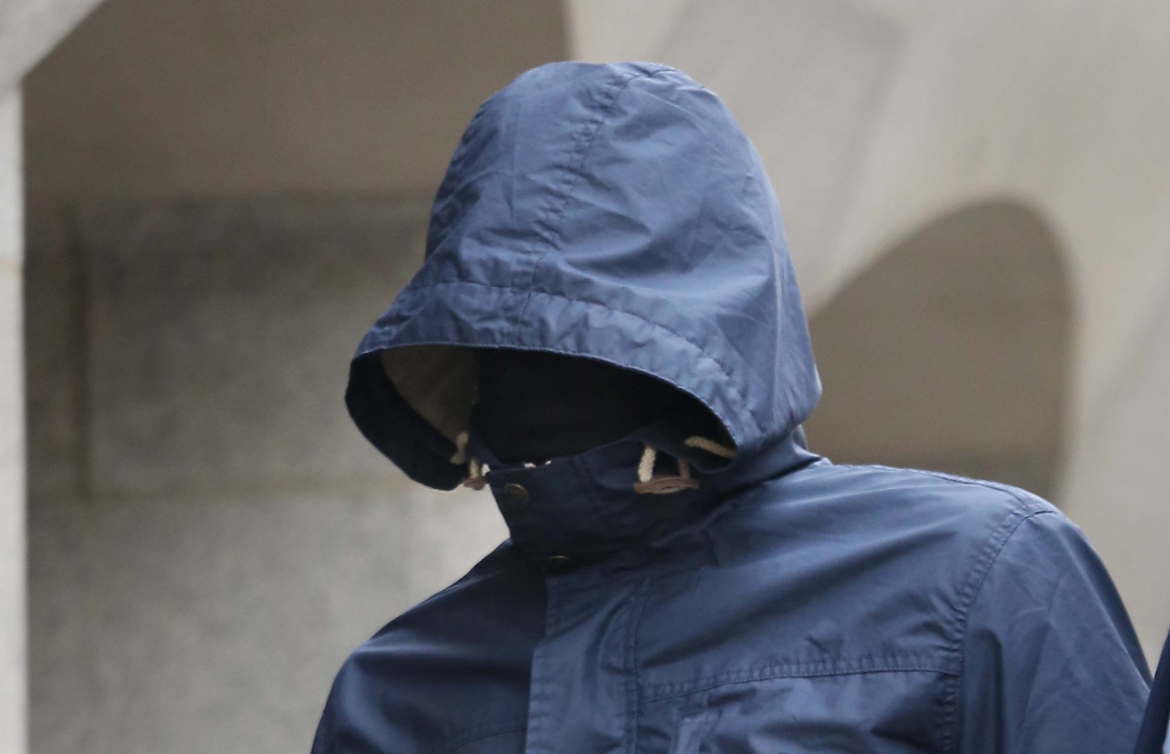
A “rolled up” question asked of undercover journalist Mazher Mahmood was the cause of a misunderstanding in court that ultimately landed him in the dock, his trial was told.
Mahmood is accused alongside his driver Alan Smith of conspiring to pervert the course of justice by tampering with evidence ahead of the trial of X Factor judge and singer Tulisa Contostavlos.
It was alleged Contostavlos had arranged for Mahmood to be sold £800 of cocaine during a sting operation in which Mahmood posed as a film producer offering the singer a lucrative movie role.
The story was published in the Sun on Sunday and Contostavlos was later charged by police.
During a pre-trial hearing for the case, Mahmood was “steamrolled” into giving answers under cross examination, his defence told the Old Bailey today.
Jurors were told Mahmood had been cross examined over three days, including questions from the judge, and that “all sides were trying to discredit him” resulting in him becoming “thoroughly confused”.
The Contostavlos trial collapsed after Mahmood was accused of lying in court and of tampering with evidence.
Defending Mahmood, John Kelsey-Fry QC said one question in particular asked of the Sun journalist at the pre-trial hearing by Contostavlos’s defence lawyer was at the heart of the prosecution’s “fundamentally flawed” case against him.
He said the question was: “Mr Smith made a statement to the police saying that in the car Miss Contostavlos was talking about drugs and saying a member of her family had a drug problem and she disapproved of drugs.
“All I want to know from you is whether you discussed that with Mr Smith at any stage.”
Kelsey-Fry said the final “that” could refer to a number of things, including Smith’s statement or the conversation about drugs.
He said: “Because of the nature of the questions, Mr Mahmood actually can’t win. Which is why those questions shouldn’t be allowed.
“If he says no, the prosecution say he is denying having a conversation about Mr Smith’s statement and Tulisa but saying he isn’t even aware of the statement, by relying on the first part of the question.
“Whereas if he said yes, he would have admitted to something he hadn’t done.”
He added: “It’s the effect of that rolled up question and the subsequent failure to appreciate the consequences of it which subsequently meant that Mr Mahmood was accused of lying, the collapse of the Tulisa trial and is why Mr Mahmood sits in the dock now.
“It’s actually the same reasoning and premise that has been underlining the prosecution case throughout. All of it goes back to was he telling a lie?”
Kelsey-Fry said the one thing Mahmood had been “adamant” about was that he hadn’t discussed Smith’s evidence with him.
Trevor Burke QC, for Smith, told jurors the trial which had been brought – at expense – boiled down to three counsel addressing the jury “on a conversation in a car in 2013 which lasted no more than 20 seconds”, the Press Association reported.
Burke challenged jurors to put themselves in Smith’s shoes as he tried to recall what happened 13 months before.
He also asked them to bear in mind the effect of the alcohol Contostavlos had consumed that night on her memory months later.
He used a hypothetical example of being called up after a Christmas party and being “horrified” to be told about “goosing the boss’s wife” but being unable to remember the next day.
Mahmood, of Purley, south London, and Smith, from Dereham, Norfolk, deny wrongdoing.
More Mazher Mahmood trial reports.
Email pged@pressgazette.co.uk to point out mistakes, provide story tips or send in a letter for publication on our "Letters Page" blog
